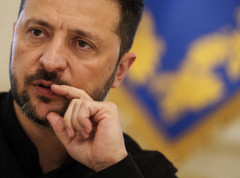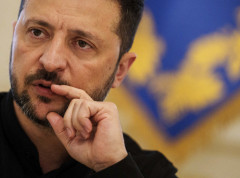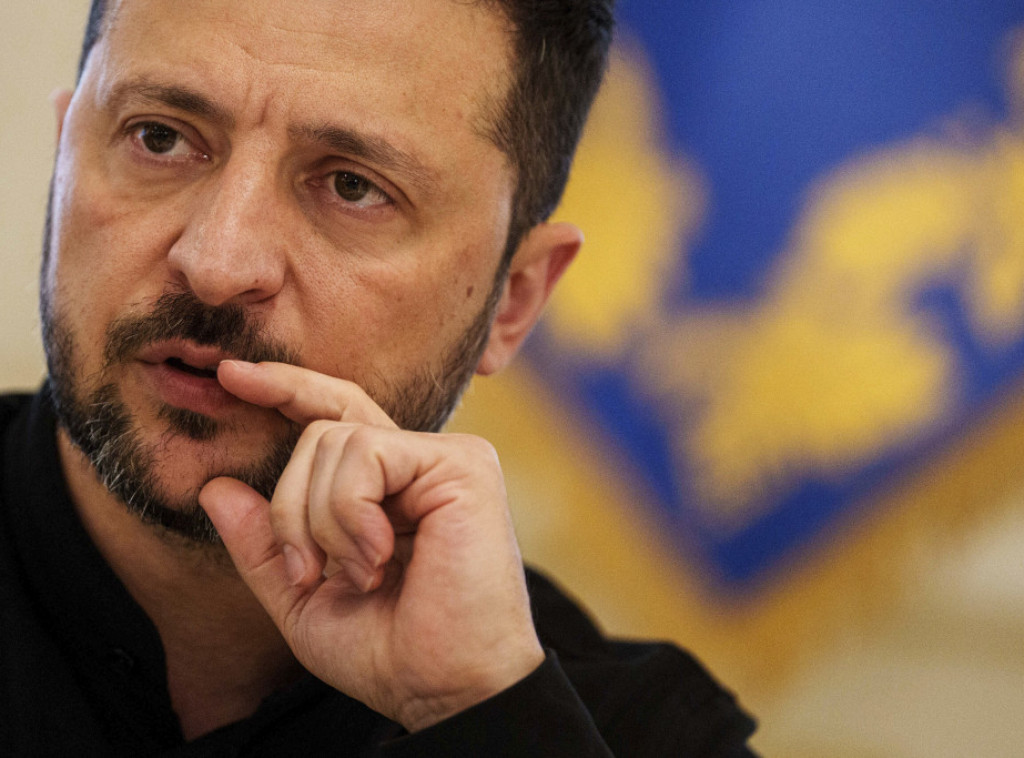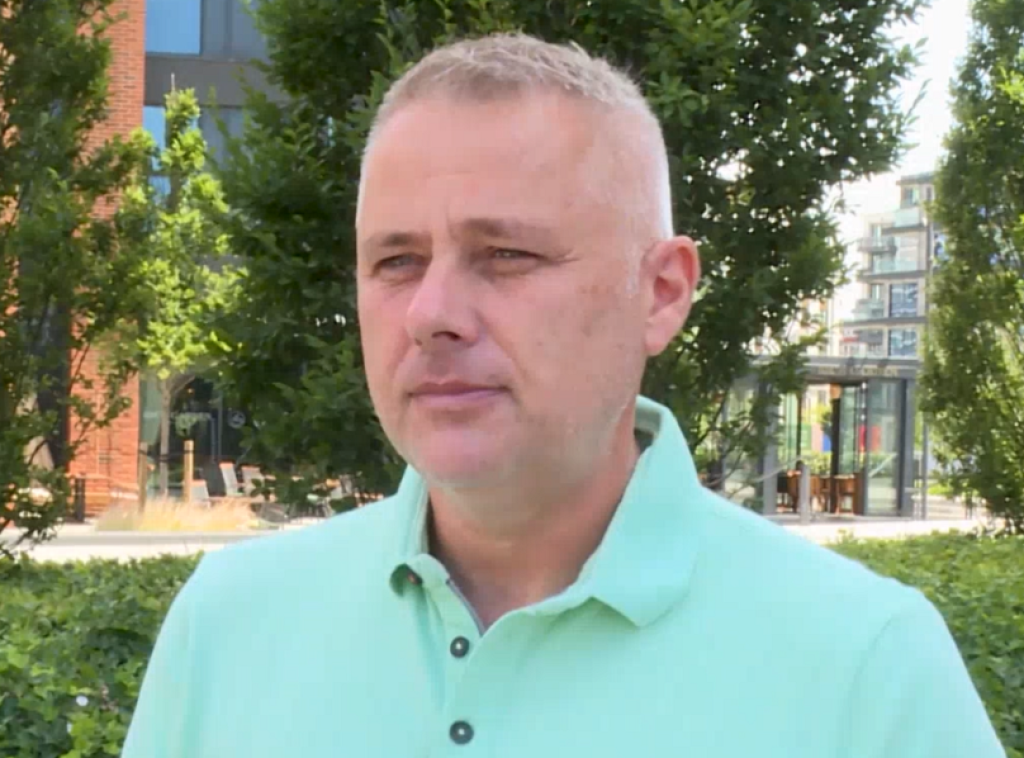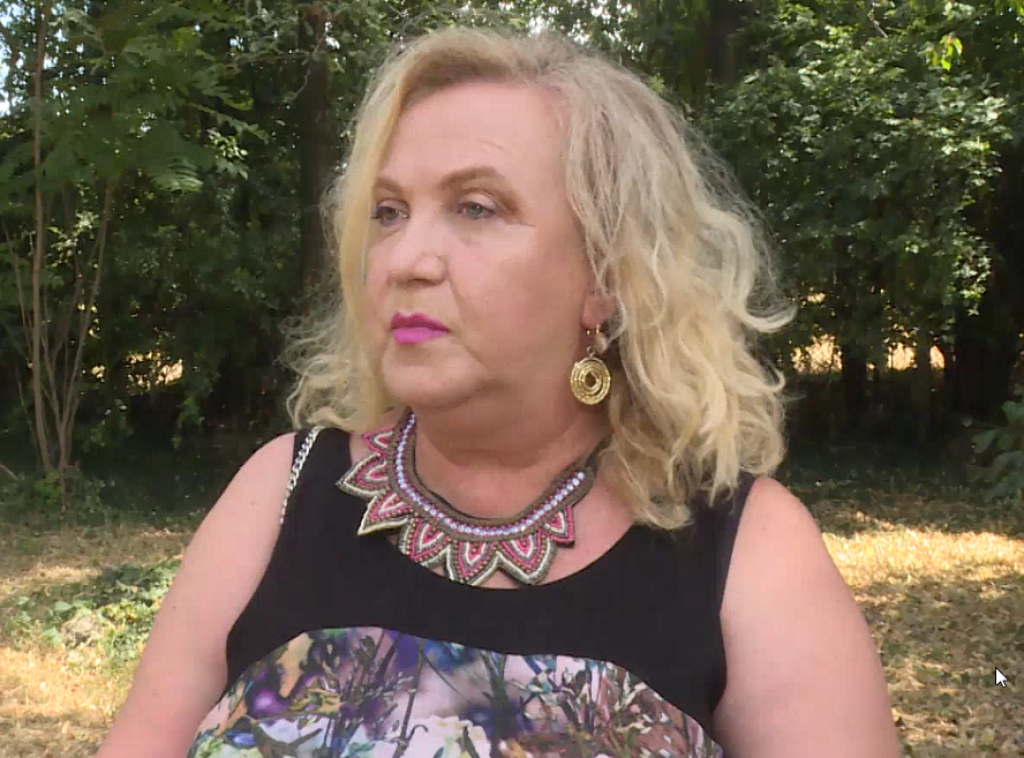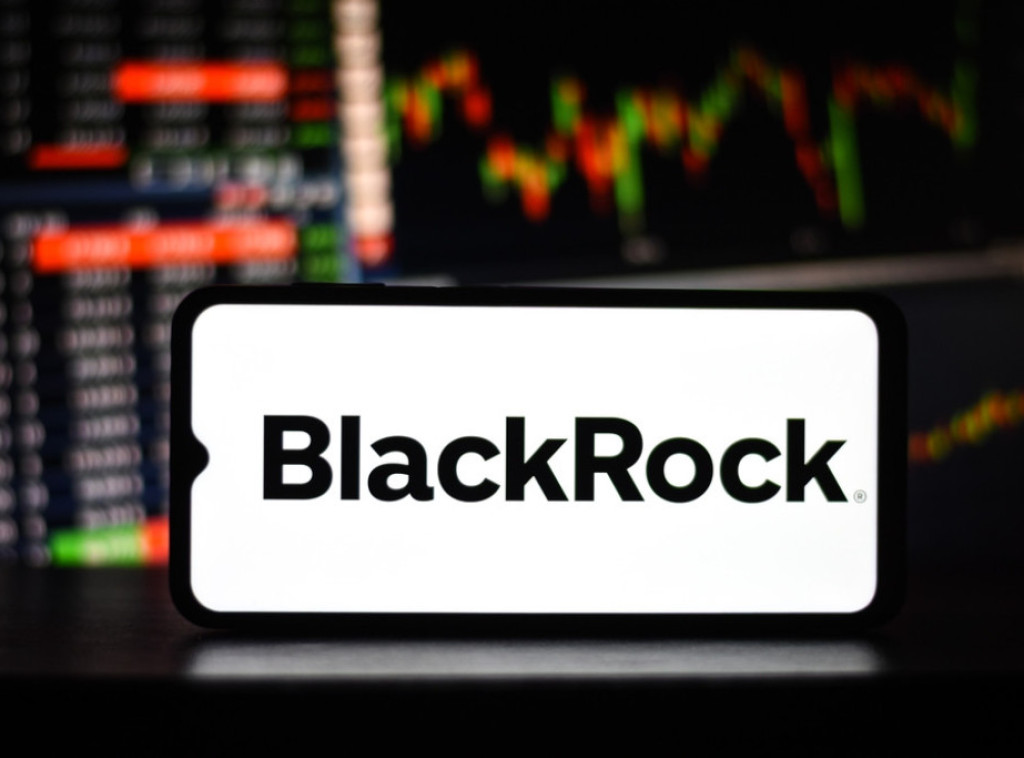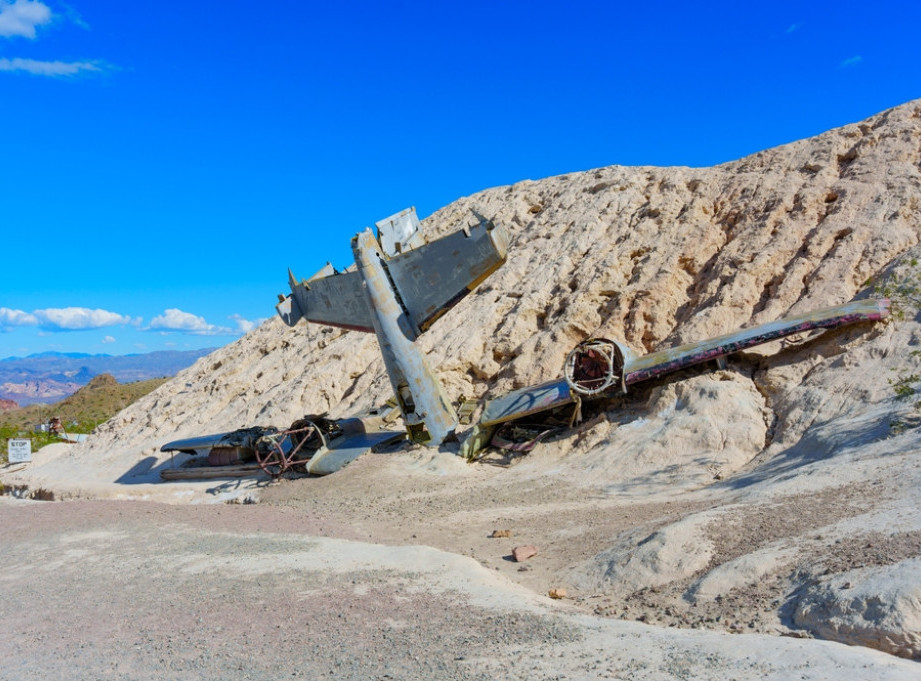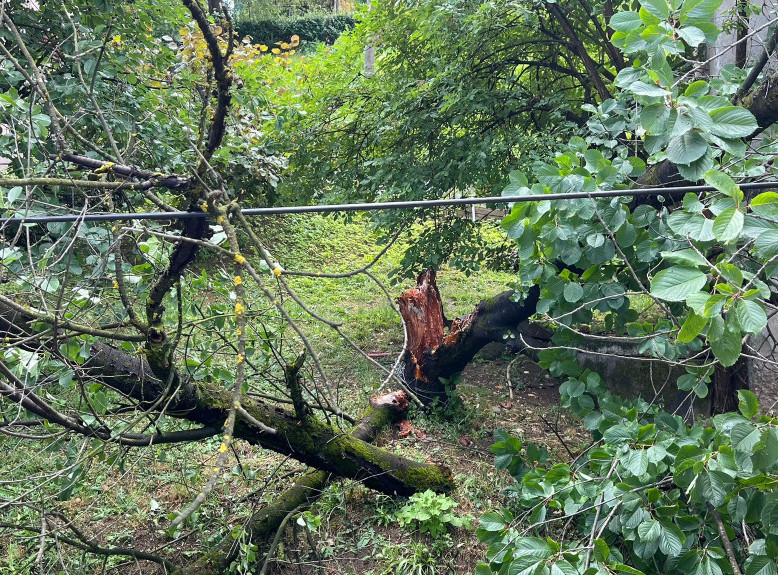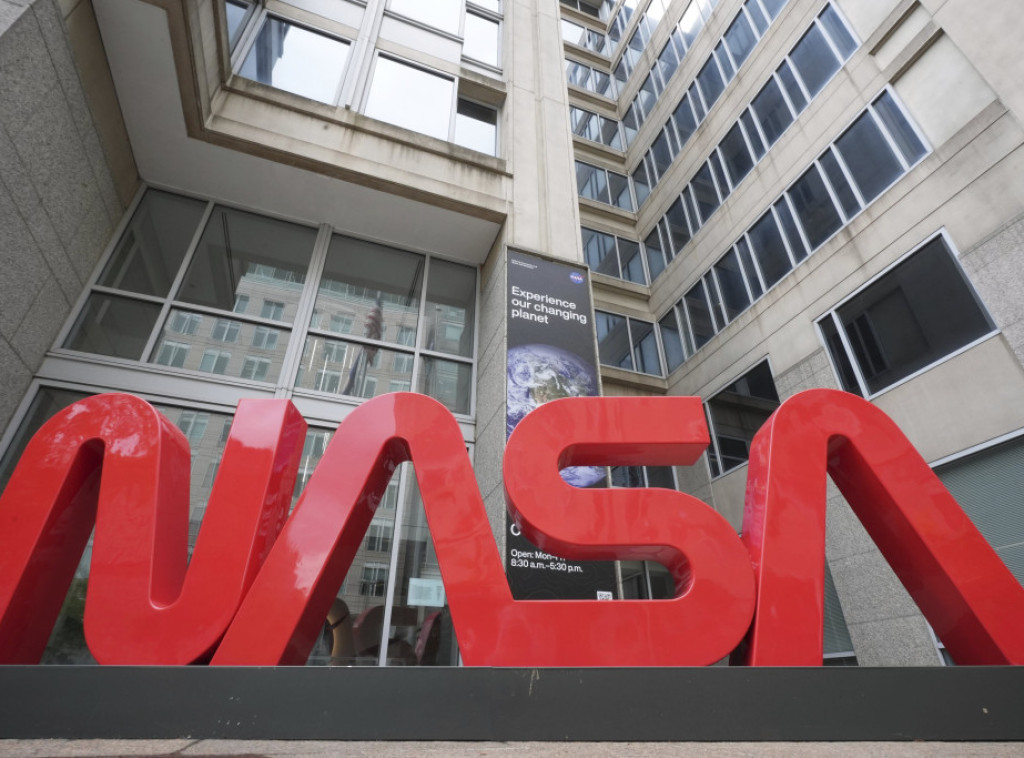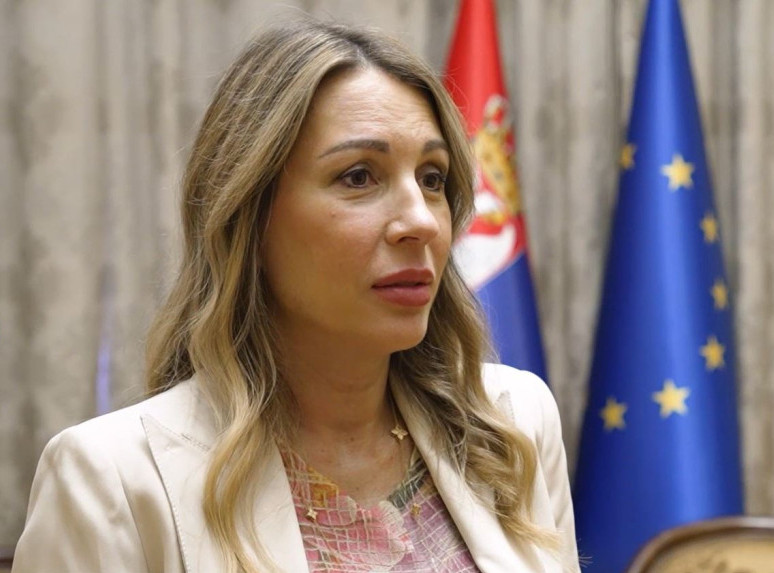Zelensky Signs Law on US-Ukraine Recovery Fund: Savior or New Trap?
Ukraine has stepped into a new era of “partnership” with the US, but is it really what it seems? President Volodymyr Zelensky signed a law amending the budget law to implement the ratified agreement on rare minerals with the United States.
What’s Behind the Law?
The law is designed as a mechanism to strengthen the strategic partnership between Ukraine and the US, aiming for long-term reconstruction and modernization of the country devastated by war with Russia. But wait – Ukraine will contribute half of the funds received from new licenses for oil, gas, and rare mineral extraction. These funds will be placed into a special recovery fund managed by a chief administrator.
Savior or New Trap?
On paper, it looks like a great opportunity for Ukraine to recover and modernize. But is it really so? Half of the income from precious resources goes into a fund controlled, among others, by American partners. Does Ukraine truly retain control over its natural resources, or is it slowly handing them over to foreigners?
Context and Timing of the Law
The agreement was signed on April 30, and the Verkhovna Rada supported ratification on May 8. Amendments to the budget law were adopted on June 4, and the law was signed on July 3. Everything is happening fast while Ukraine continues to lose territory and struggle with the consequences of war.
What Do Critics Say?
Some analysts warn that this fund could become another way to bind Ukraine dependently to the US, with limited control over its own resources. Is this a new form of external governance or a real chance for recovery?
Conclusion
Zelensky signed a law that could be the key to Ukraine’s recovery but also a potential trap limiting the country’s sovereignty over its natural wealth. As Ukraine fights for survival, the question remains: is this US-Ukraine recovery fund a savior or just another complication in a long war?
What do you think? Smart move or just another big power game at Ukraine’s expense? Drop a comment and let’s see who’s for and who’s against this “big help”!







